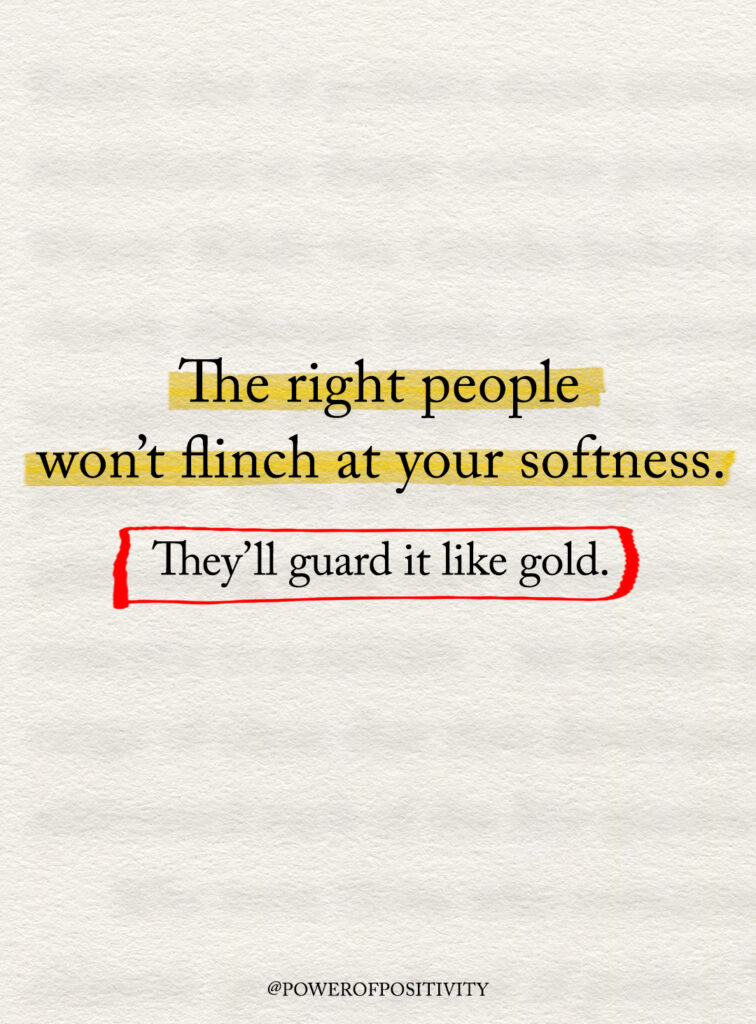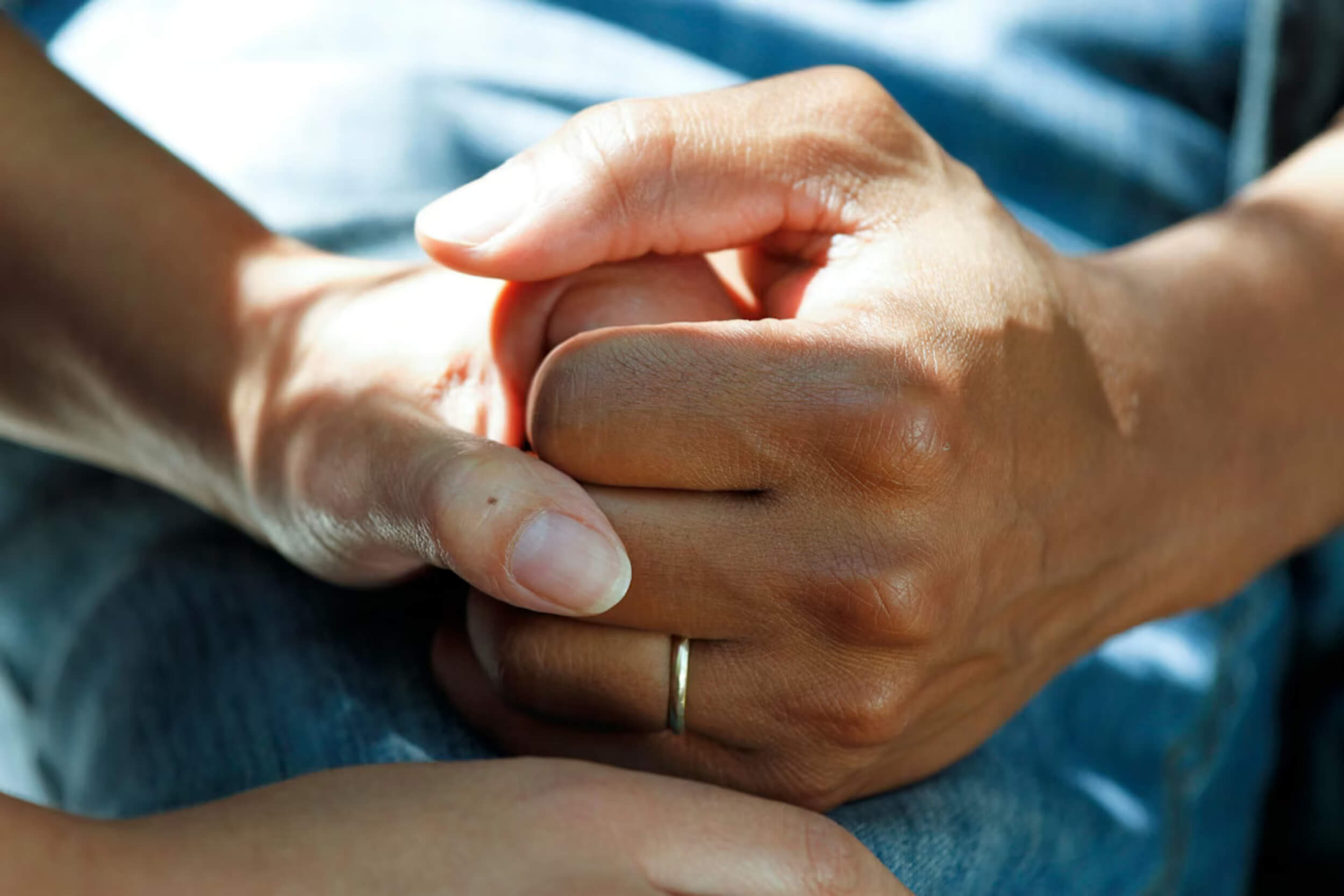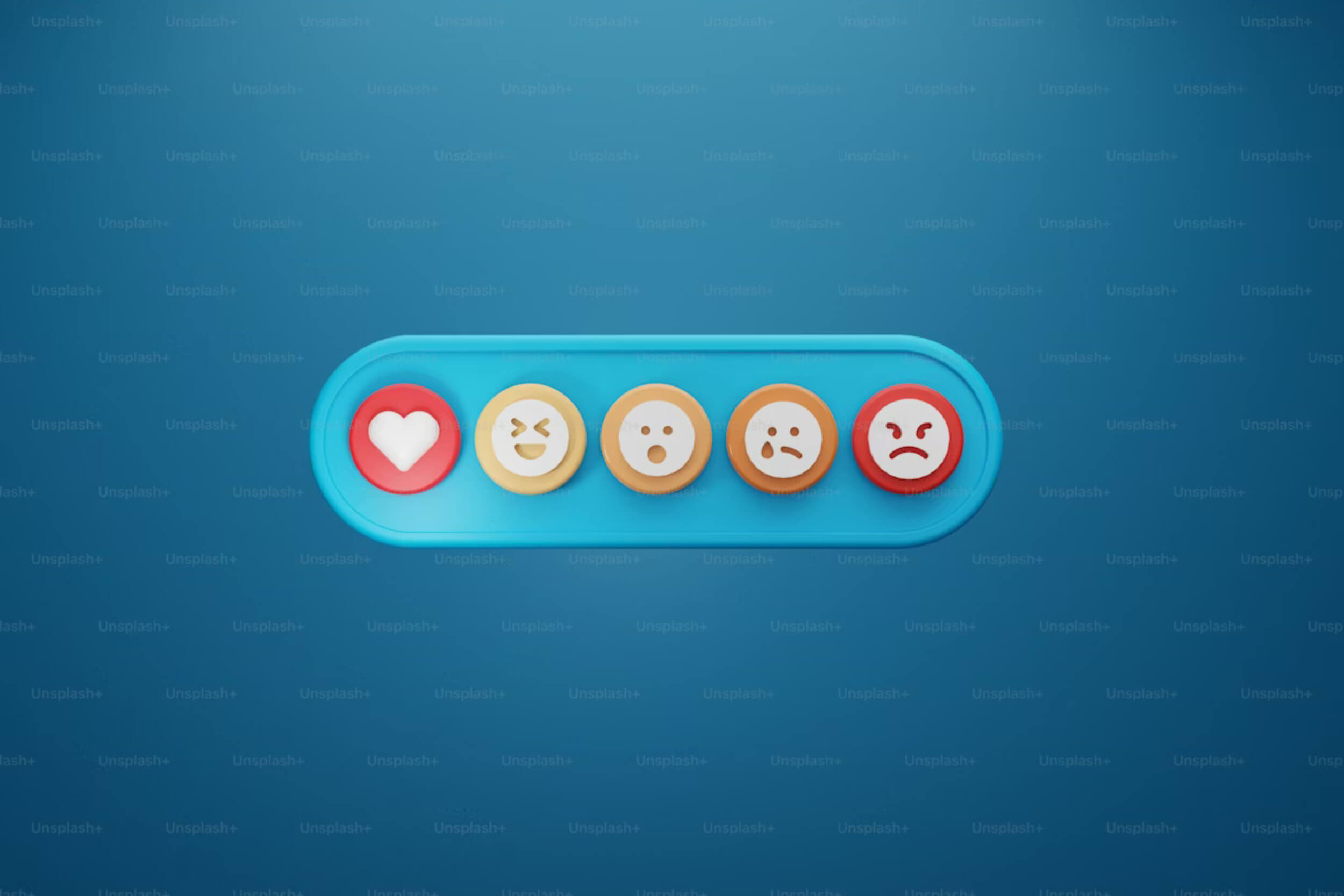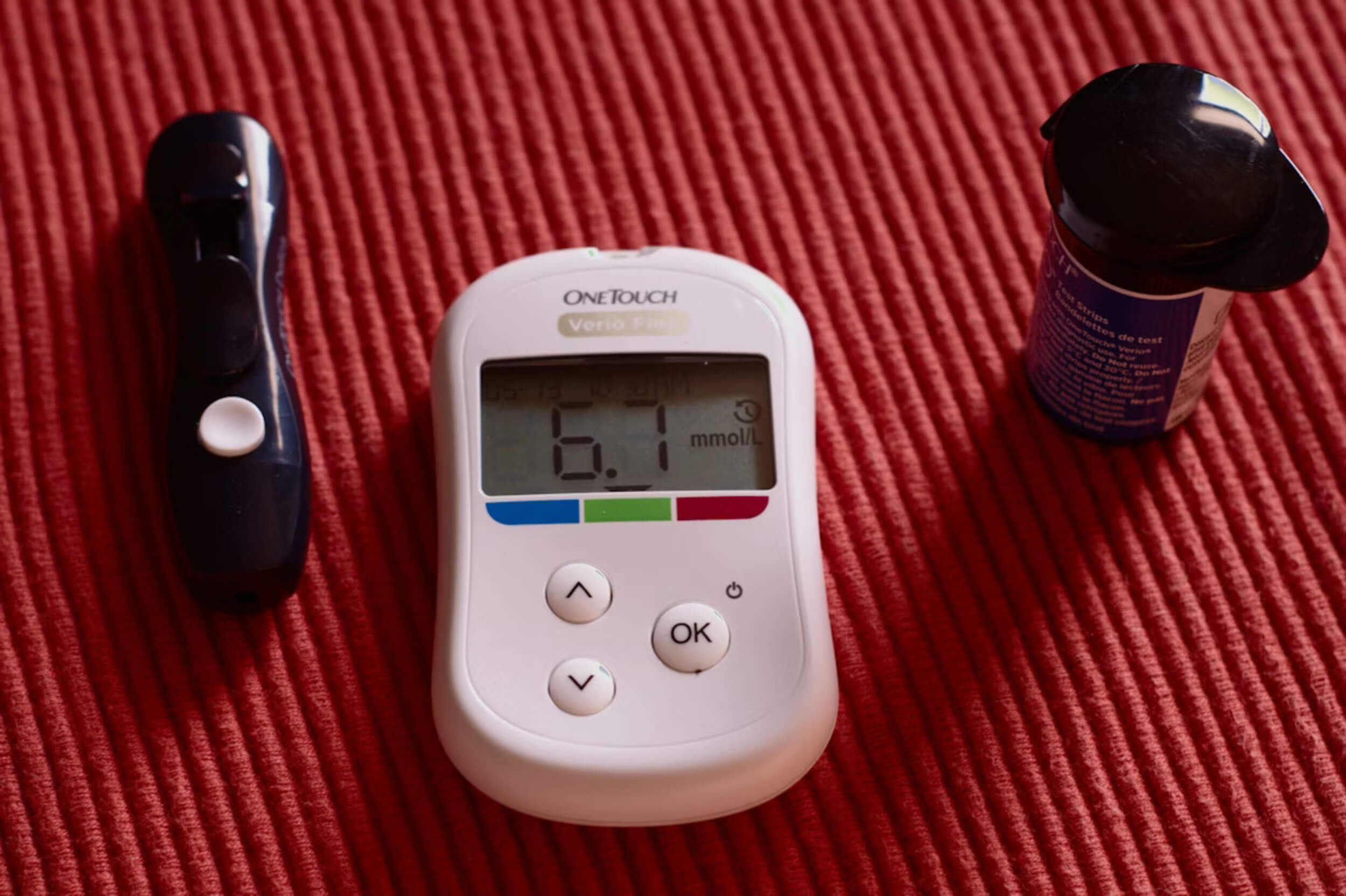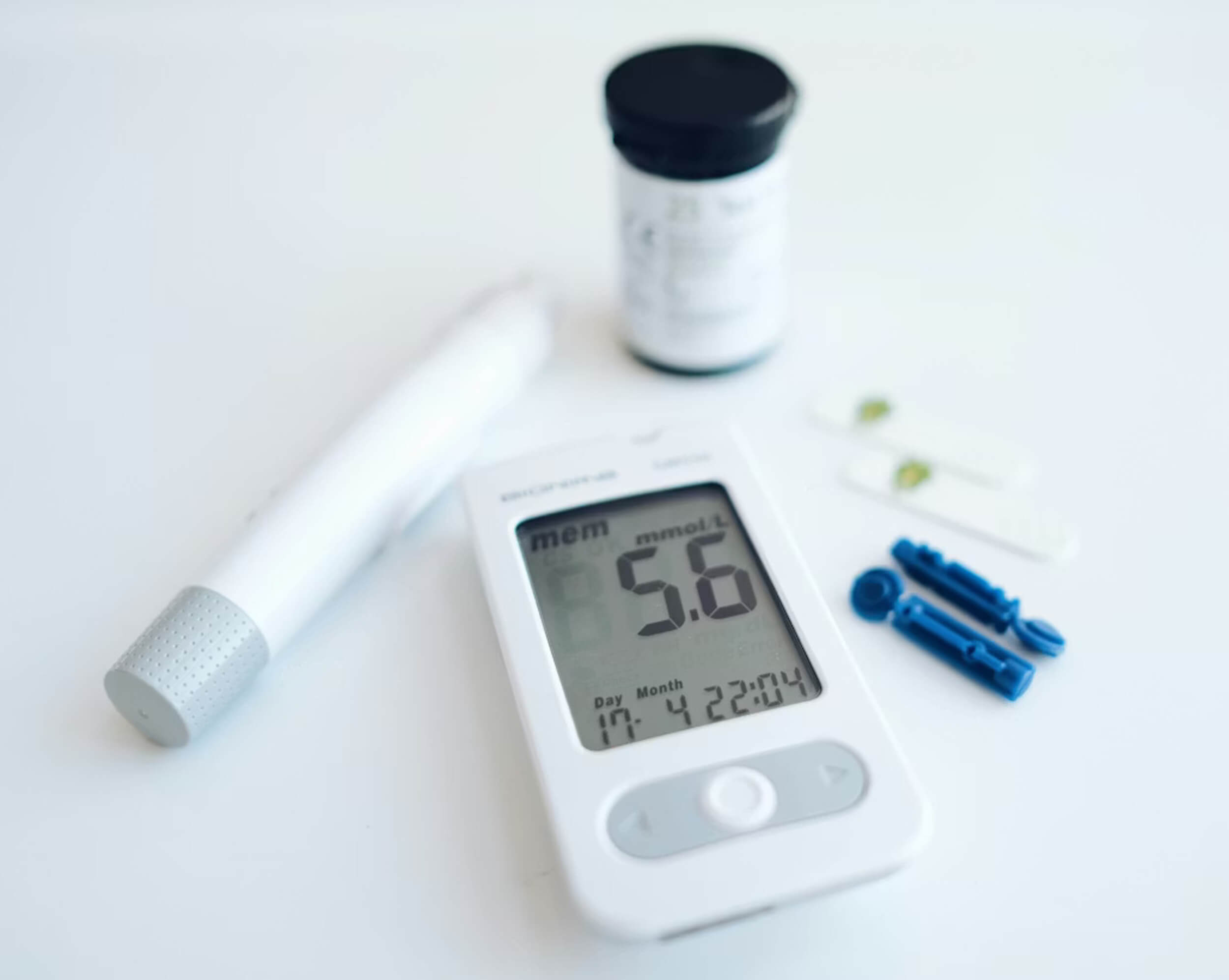Most people know the warm lift that comes from helping someone else. Whether it’s holding the door open, checking in on a friend, or giving a genuine compliment, that small action doesn’t just brighten the other person’s day—it changes something inside of you too.
The science of kindness shows that this good feeling isn’t just emotional. It’s linked to chemical changes in the brain and real benefits for the body. Hormones connected with trust and happiness increase, while stress levels often go down. Even simple, everyday acts can make your mind calmer and your body healthier.
What makes this even more powerful is how kindness can shape long-term habits. Regular practice has been tied to stronger relationships, better mood, and even improved physical health. Looking at kindness this way, it’s clear it isn’t only about giving—it’s also one of the best ways to heal yourself.
The Brain on Kindness: What Really Happens Inside
Acts of kindness change brain chemistry in ways researchers can measure. Three main “feel-good” chemicals play a big role:
- Oxytocin – The “Love Hormone”
- This hormone shows up when we’re kind. It helps people feel connected, builds trust, and lowers stress.
- Studies link oxytocin with lower blood pressure and healthier hearts.
- Dopamine and the “Helper’s High”
- Helping others lights up the brain’s reward center.
- That quick boost of joy and motivation is often called the “helper’s high.”
- Serotonin and Mood Balance
- Known as a mood stabilizer, serotonin helps reduce anxiety.
- It’s also tied to antidepressant effects, making kindness a natural mood lifter.
The science of kindness shows that these chemicals don’t just create warm feelings; they give the brain and body real health benefits.
The Ripple Effect on Mental Health
Kindness is more than a nice habit—it’s a powerful tool for mental health. Here’s how it helps:
- Reducing Anxiety and Stress
- Small kind acts calm the nervous system.
- They act as buffers against daily pressures and worries.
- Lifting Symptoms of Depression
- Giving often raises life satisfaction.
- Similar to gratitude practices, kindness shifts focus away from negative thoughts.
- Building Emotional Resilience
- Showing care to others builds inner strength.
- It creates a sense of purpose and belonging that fights off loneliness.
The science of kindness makes it clear: when practiced often, it becomes a mental shield, protecting against stress and low mood.
Physical Health Benefits of Being Kind
Kindness doesn’t only affect the mind—it also leaves its mark on the body.
- Stronger Heart and Circulation
- Acts of kindness lower blood pressure.
- Less strain on the cardiovascular system means a healthier heart.
- Boosted Immune System
- Positive emotions help white blood cells work better.
- Lower inflammation keeps the body stronger against illness.
- Pain Relief and Healing
- Endorphins and other natural chemicals are released when helping others.
- These act as the body’s pain relievers.
Research behind the science of kindness confirms that even small gestures can build better overall health.
Kindness in Daily Life: Practical Ways to Apply It
Bringing kindness into everyday life doesn’t need to be complicated. Here are simple ways:
- Small, Everyday Acts
- Smile at someone passing by.
- Hold the door open or leave a short thank-you note.
- These little behaviors stack up over time.
- Structured Acts of Giving
- Volunteer at a local shelter.
- Mentor someone who needs guidance.
- Donate to causes you care about.
- Self-Kindness and Compassion
- Rest when you’re tired.
- Speak to yourself with the same patience you give others.
- Small acts of self-care prevent burnout.
The science of kindness proves that daily habits, whether big or small, benefit both the giver and the receiver.
The Science of Repetition: Why Once Isn’t Enough
One kind act brings a quick oxytocin boost that lasts only minutes. That’s why repetition matters. Turning kindness into a habit creates long-term changes in the brain.
- Daily repetition strengthens positive pathways.
- Consistency builds better mood balance.
- Repeated actions create stable well-being instead of short highs.
The science of kindness teaches that kindness isn’t a one-time gift—it’s a practice, like exercise or healthy eating.
Conclusion: Healing Yourself by Helping Others
Kindness is more than just being nice—it’s a science-backed way to feel and live better. Research shows it changes brain chemistry, lifting mood and reducing stress. It also supports mental health by easing anxiety and lowering depression, while physical benefits include stronger hearts, better immunity, and even pain relief. On top of that, kindness builds stronger relationships and tighter communities.
One act may bring a quick boost, but it’s the repeated, steady practice that makes lasting change. Just like exercise strengthens the body, regular kindness strengthens both the mind and the heart.
Every time you hold the door, offer a smile, or check in on a friend, you’re not only helping someone else—you’re also helping yourself. Think of each small act of kindness as medicine that works both ways. The more it’s shared, the healthier and happier life becomes for everyone.





